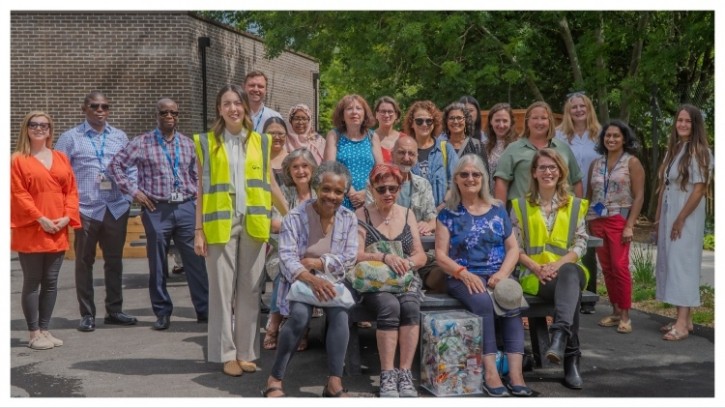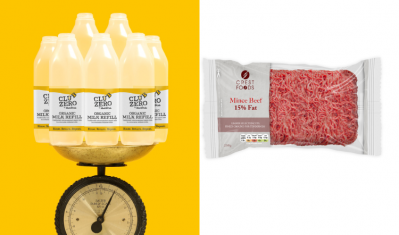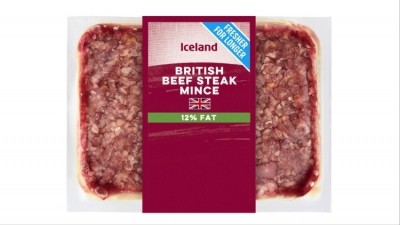News
Old crisps packets and yoghurts tops get new lease of life as NHS garden furniture

From bread bags to crisp packets and yoghurt tops, a range of soft plastics dropped off by customers at Tesco stores will be used to make the garden furniture and outdoor equipment that will feature in the NHS greenspaces across the UK.
The move comes as resource management company Veolia has found a way to transform soft plastic into items such as benches, decking, tables and raised beds.
The recycled items will be donated to the NHSPS Social Prescribing Programme, which is introducing nature around health centres for use by patients and the local community.
The first garden to include the recycled plastic will be at the John Scott Health Centre in London, which will see trellising, decking, raised beds, seating and tables all entirely made from the soft plastics.
The garden is one of the 100 hubs and green spaces designed and delivered as a part of NHSPS’ social prescribing programme.
Social prescribing has emerged as a powerful tool in the healthcare landscape, providing a non-clinical way to enhance wellbeing.
Commenting, Dr Min Rodriguez, head of social impact at NHSPS, said the team is really proud of the impact its social prescribing sites are having: “Just between 2022 and 2023 we have reached 60,000 patients.”
At the same time, this programme will see thousands of pieces of plastic repurposed and redirected from landfill. To make one bench, it requires more than 2,500 pieces of soft plastic.
“This collaboration with Tesco, Veolia and Groundworks highlights the potential of innovative partnerships to not only create vibrant spaces for public benefit but also to drive positive change in healthcare and environmental sustainability. And it’s particularly special that we are repurposing soft plastics instead of increasing waste,” Dr Rodiguez added.
This collaboration forms part of Tesco’s 4Rs packaging strategy, which aims to remove plastic where it can, reduce where it can’t, reuse more and recycle what’s left.
So far, the supermarket has managed to reduce its plastic pieces permanently in 2.3bn of its own brand products, this includes more than 200m bags from Tesco.com deliveries, over 100m extra lids from products such as creams and desserts, and 50m pieces of plastic wrapping from canned beers and ciders.
Tony McElroy, head of campaigns for Tesco, said: “It’s fantastic to see the soft plastic that our customers are returning being turned into something new that will benefit communities and help give young people a stronger start in life. It’s still our absolute priority to remove and reduce as much plastic as possible and make sure everything we use is recycled and kept out of the environment.”
Further garden projects are planned at the following sites: Tarleton Health Centre, Preston; Maghull Health Centre, Merseyside; Goscote Hospice, Walsall; Shaw House, St Austell and Whitby Community Hospital.
The programme was coordinated by environmental and community charity Groundwork, in partnership with government-owned health estate organisation NHS Property Services and Veolia.
Meanwhile in other news, Danone has seen global volumes increase by 2.1% as it publishes its financial results for the first half of this year.
















